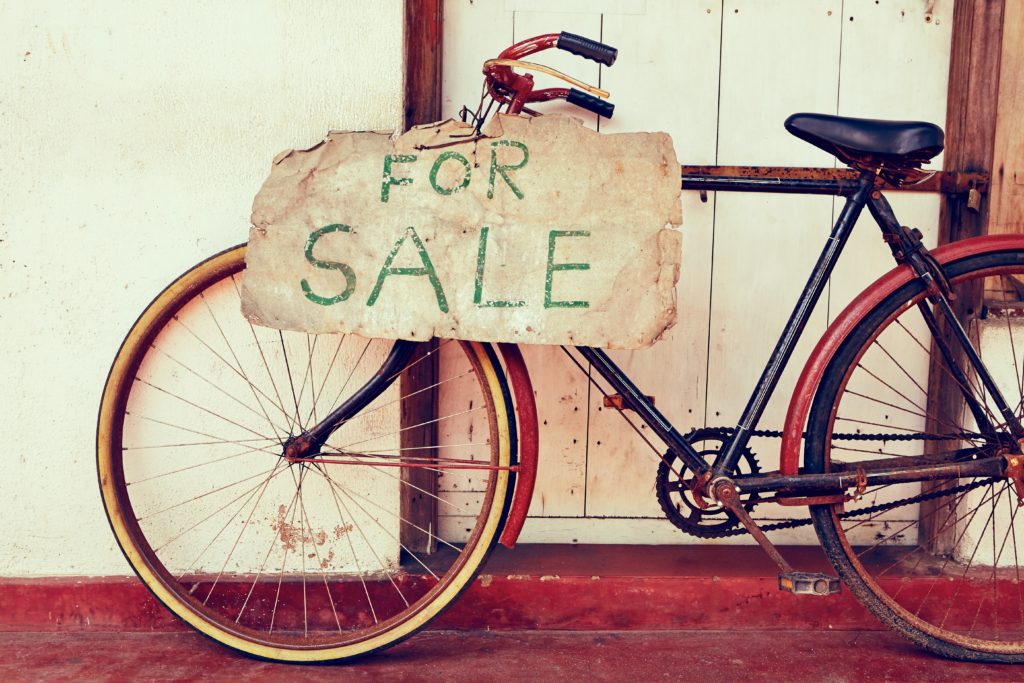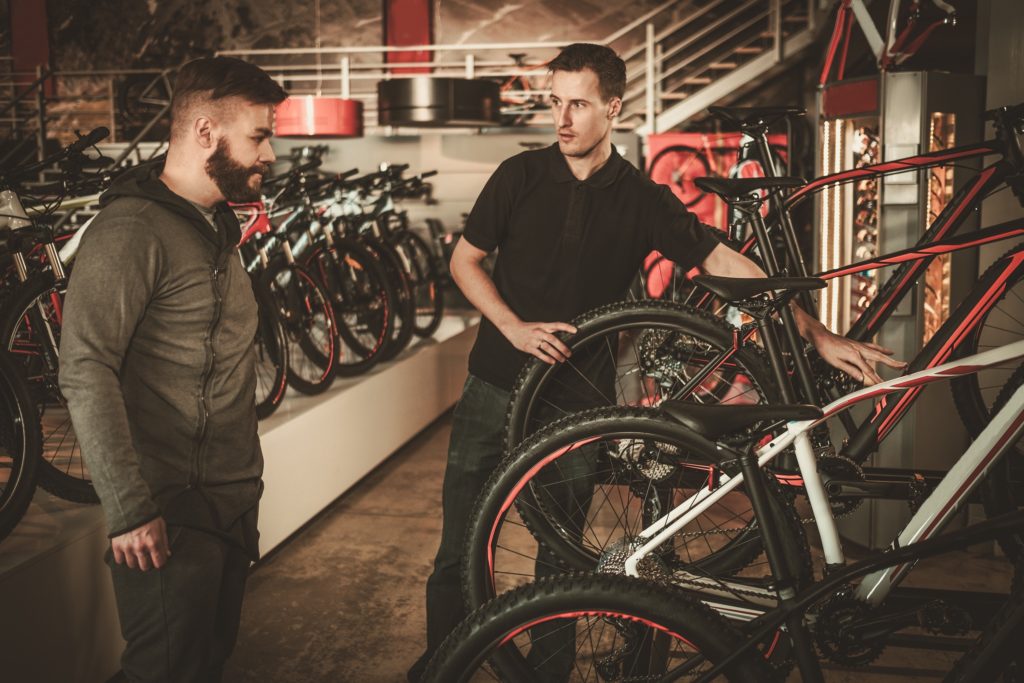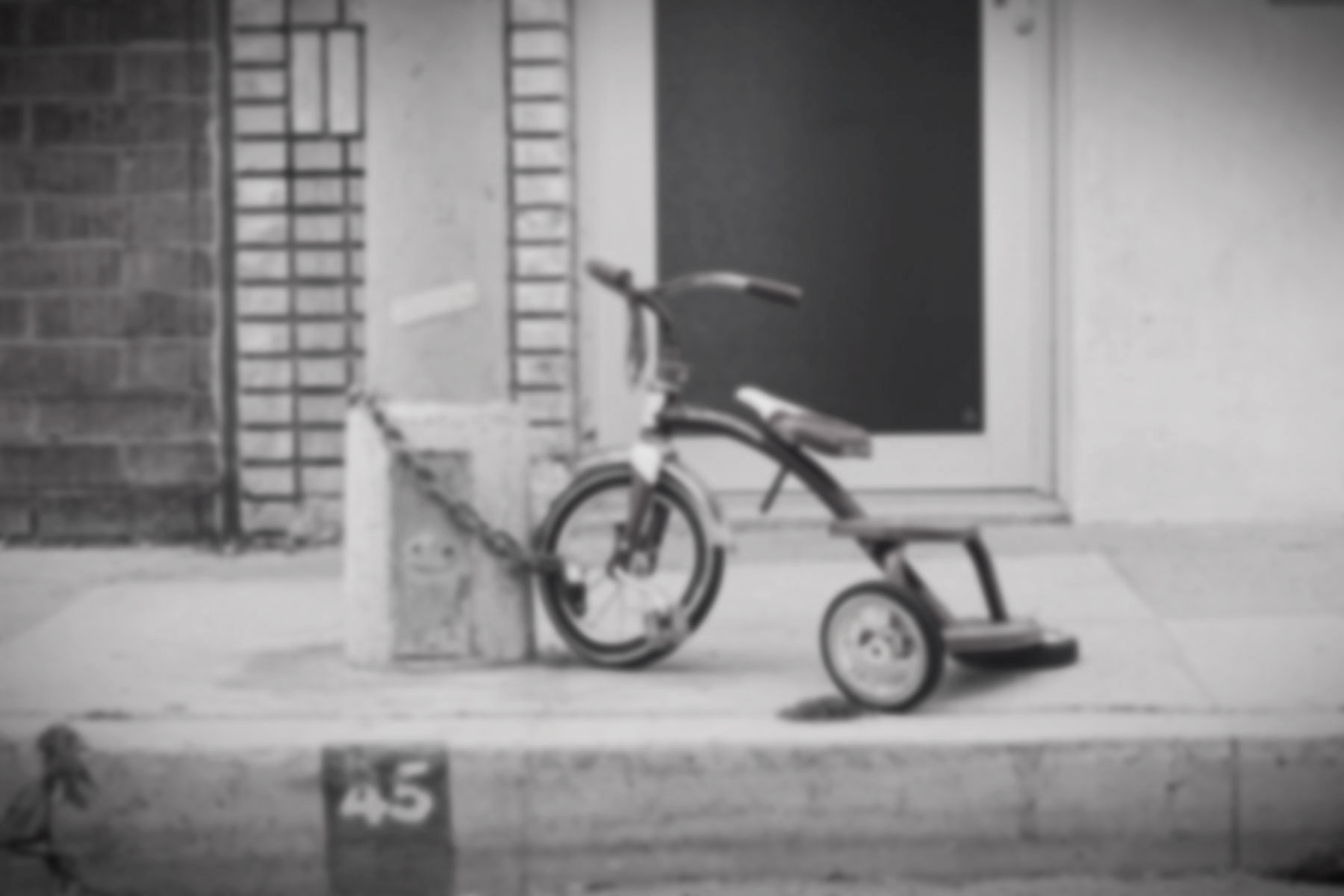Picture this: Late one evening, you find yourself tucked away in a cozy corner, bathed in the gentle glow of your laptop. You’re scrolling through page after page of used bikes on Facebook Marketplace. Suddenly, your heart skips a beat—a bike catches your eye. It’s the model you’ve always dreamed of, lightly used, and it’s even cheaper than you’d hoped!
Your finger hovers over the ‘buy’ button. But then, a small nagging doubt pulls you back from the brink. Could this bike be stolen?

Unfortunately, the online marketplace for used bikes has a dark underbelly—stolen bikes often find their way onto sites like Facebook Marketplace, eBay, Craigslist, OfferUp, and Kijiji. The ramifications of buying a stolen bike, even unknowingly, can be substantial. Laws are far from uniform across jurisdictions. While some may look the other way, many will require you to return the bike without any compensation if it’s discovered to be stolen property, even if you didn’t have any part in the theft. Even more serious, you might end up enmeshed in a legal investigation for possessing stolen goods. And those online marketplaces are unlikely to help you out.
Even if you can “get away with it”, buying a stolen bike is just not the right thing to do. It feeds the market for stolen goods and makes it more likely that your bike may be the next one stolen.
So how do you make sure that you are not, however unintentionally, part of the problem?
Pick Reliable Dealers
Start by keeping to reputable bike sellers. These businesses are not just selling bikes; they’re selling trust. They have strict checks and balances in place to avoid dealing in stolen goods. Plus, it’s likely the bike will be in good shape and you’ll have proof of purchase if you need to sell the bike. So, yeah, you may pay a bit more, but the bike sellers that put in the effort to make sure that they are selling legitimate bikes help the whole cycling eco-system and deserve your support.

Your local bike shop could almost certainly use your support, but if you can’t find what you want there, look on sites like BikeList, Sprocket.bike or Pro’s Closet which check online registries to verify sales. Check the fine print on whatever marketplace you are purchasing from to see how they deal with stolen merchandise.
Do Your Due Diligence on Details
Before making a purchase, put on your detective hat. Our own 529 bike detective, Rob Brunt, has some suggestions:
- If the bike is suspiciously cheap, this is your first sign. A bit of research on the average price for the bike’s make and model can provide a valuable reference point. If the price is doesn’t make sense, don’t buy it.
- Take a close look at the bike’s condition. Is the serial number scratched off? Is it freshly (spray) painted? Do the parts look mismatched? These are all signs the seller could be trying to hide something when selling the bike.
- If you are buying on a site like Facebook Marketplace, check out the seller’s profile to see if there it is legit.
- Ask questions about how long the seller has had the bike, and why they are selling it. Does the answer pass the sniff test?
- Check for it on the 529 Garage to see if the bike was listed as stolen. A seller shouldn’t be hesitant to provide you with the serial number for you to check.
Insist on Proof of Ownership
When dealing with individual sellers, don’t shy away from asking for proof of ownership. Legitimate sellers would understand your concern and be able to provide:
- Original Sales Receipt: This document ideally should show the seller’s name, the date of purchase, and detailed bike specifications.
- Owner’s Manual or Warranty Card: While not as definitive as a receipt, they still hold valuable information about the bike’s history and ownership. Even better if the seller has maintenance records!
- Registration with a Bike Registry: Bike registration services like the 529 Garage store essential information about a bike and its legitimate owner. A seller who has registered their bike should be able to share their registration details for you to cross-check. In particular, check the date of the registration… a newly registered bike that the owner is selling is suspicious.
By buying from trusted sources, doing your homework on the bike’s condition and price, and asking for proof of ownership, you can be part of the solution, not the problem.
And remember, once you’ve found your two-wheeled match, consider registering it with the 529 Garage. It’s a small step you can take to protect your own bike from theft, and in the process, you contribute to the bigger picture—creating a safer, more secure community for cyclists everywhere. Life is a beautiful ride, but it’s even better when you’re not unintentionally supporting bike theft. Happy biking!
